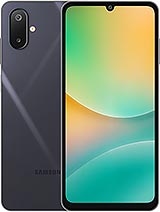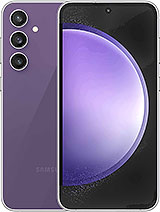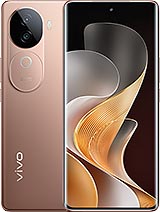Redmi A3x 4G alternatives
Tap above to see alternatives.
Vivo T3 Pro alternatives
Tap above to see alternatives.
Redmi A3x 4G

Redmi A3x 4G
-
Unisoc T603
12 nm
-
5000 mAh
10W
-
6.71"
720x1650 pixels
-
8 MP
1080p@30fps
- Specs
Vivo T3 Pro

Vivo T3 Pro
-
Snapdragon 7 Gen 3
4 nm
-
5500 mAh
80W
-
6.77"
1080x2392 pixels
-
50 MP
4K@30/60fps
- Specs
1.8 GHz, Dual core, Cortex A75
1.6 GHz, Hexa Core, Cortex A55
1x2.63 GHz Cortex-A715
3x2.4 GHz Cortex-A715
4x1.8 GHz Cortex-A510
4GB 128GB (eMMC 5.1)
8GB 256GB (UFS 2.2)
f/2.0, (wide)
0.08 MP
(auxiliary lens)
f/1.8, (wide), 1/1.95", 0.8µm, PDAF, OIS
8 MP
f/2.2, 120˚ (ultrawide)
1080p
f/2.2, (wide)
f/2.5, (wide), 1/3.0", 1.0µm
SIM1: Nano, SIM2: Nano
SIM1: Nano, SIM2: Nano
8 5G bands
n1, n3, n5, n8, n28, n40, n77, n78
In this performance comparison, the Vivo T3 Pro with its Qualcomm Snapdragon 7 Gen 3 (4nm) performs better than the Redmi A3x 4G with the Unisoc Unisoc T603 (12nm), thanks to superior chipset efficiency.
Both Redmi A3x 4G and Vivo T3 Pro offer the same software support — 2 years of OS updates and 3 years of security updates.
Vivo T3 Pro features a superior AMOLED display, while Redmi A3x 4G comes with an LCD panel. In terms of smoothness, Vivo T3 Pro offers a higher 120 Hz refresh rate, ensuring fluid scrolling and animations. Vivo T3 Pro also boasts a brighter screen with 4500 nits of peak brightness, enhancing outdoor visibility. Notably, Vivo T3 Pro offers a higher screen resolution, resulting in sharper visuals and more detailed content.
Vivo T3 Pro features a larger 5500 mAh battery, potentially delivering better battery life. Vivo T3 Pro also supports faster wired charging at 80W, compared to 10W on Redmi A3x 4G.
Vivo T3 Pro includes an IP64 rating, while Redmi A3x 4G lacks an official IP rating.
¹ Scores can vary even with the same chipset due to RAM, thermals, and software optimization.










